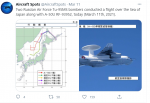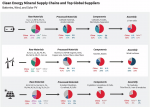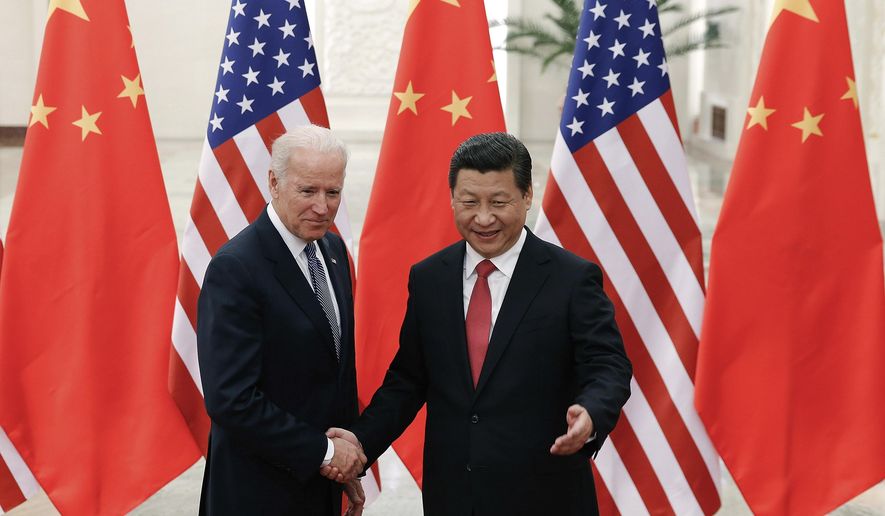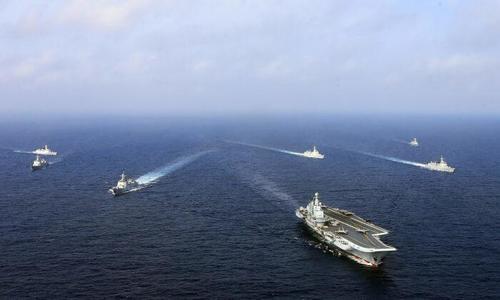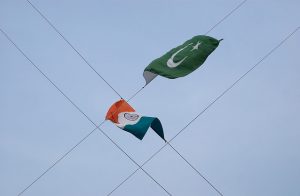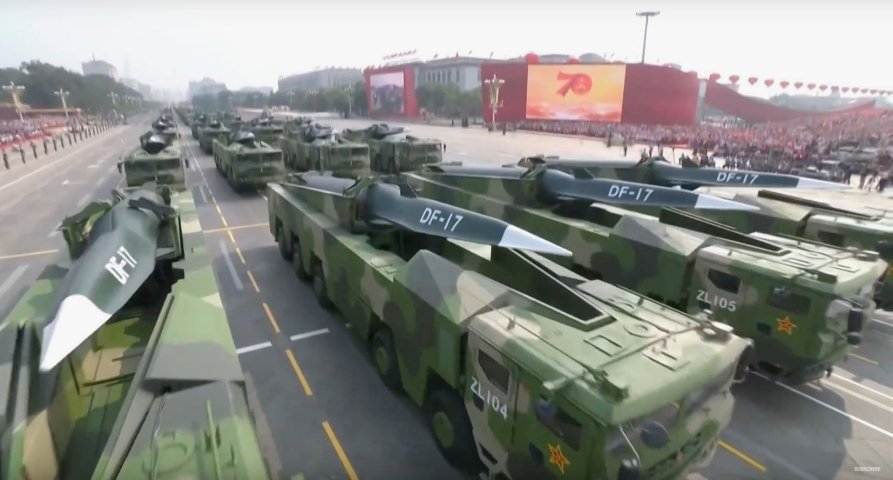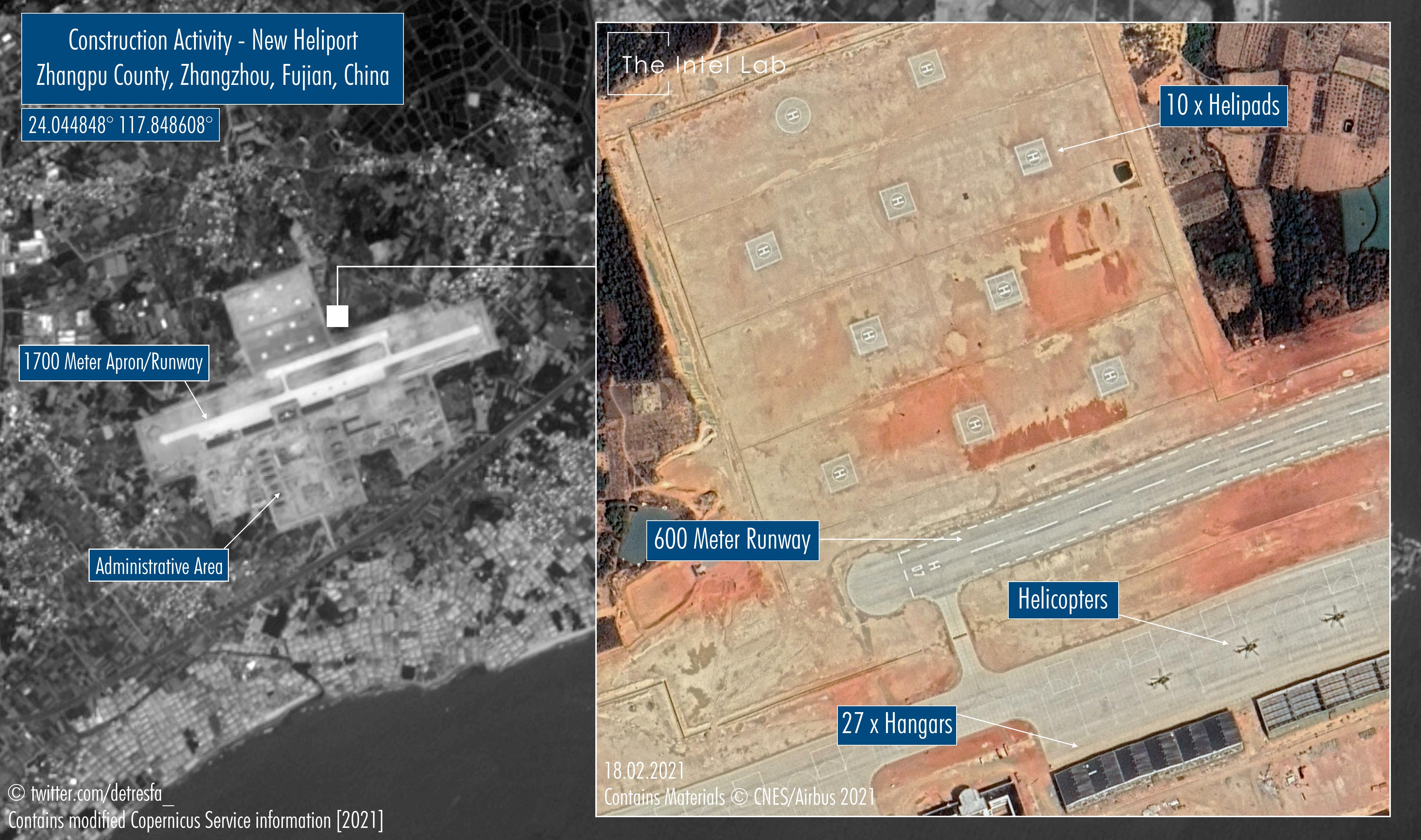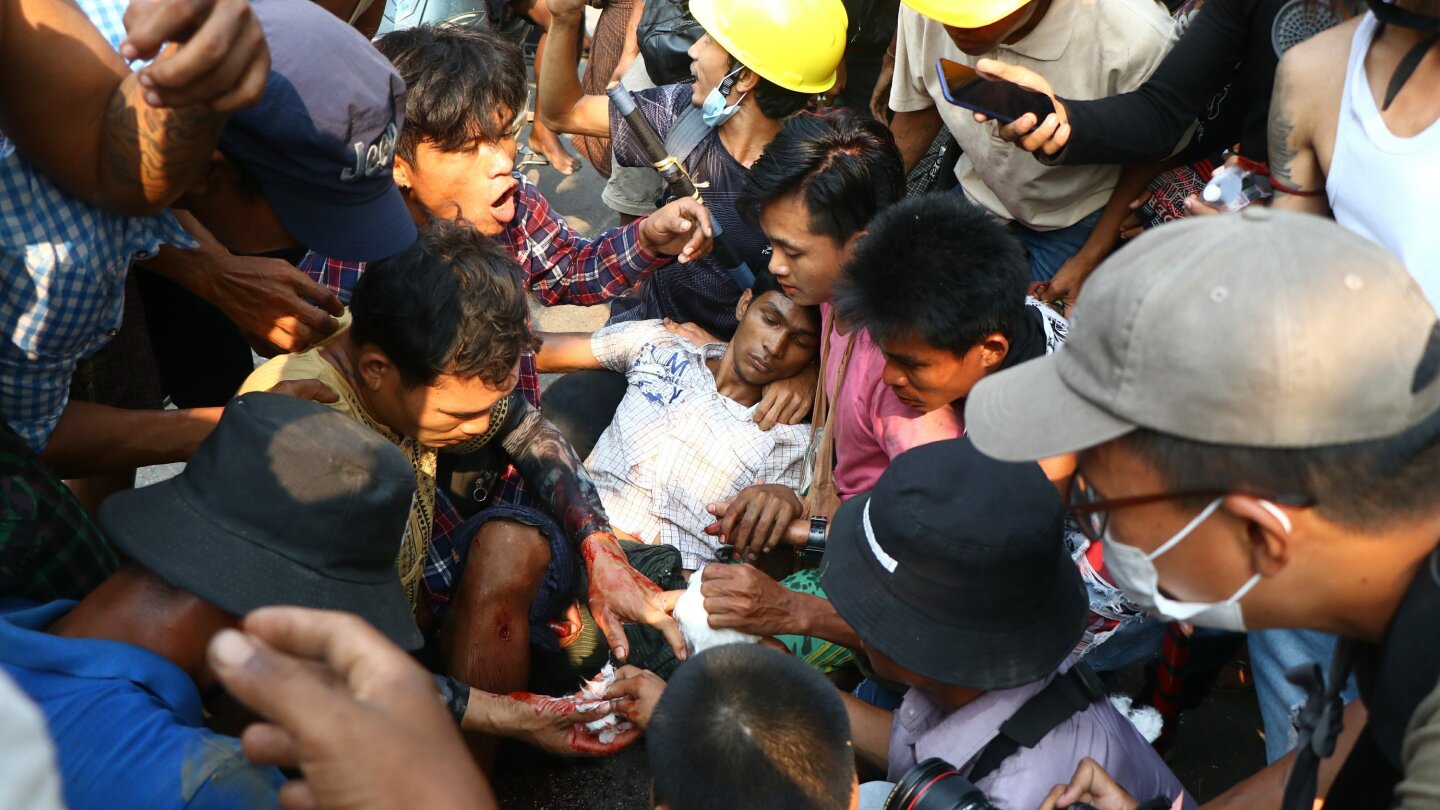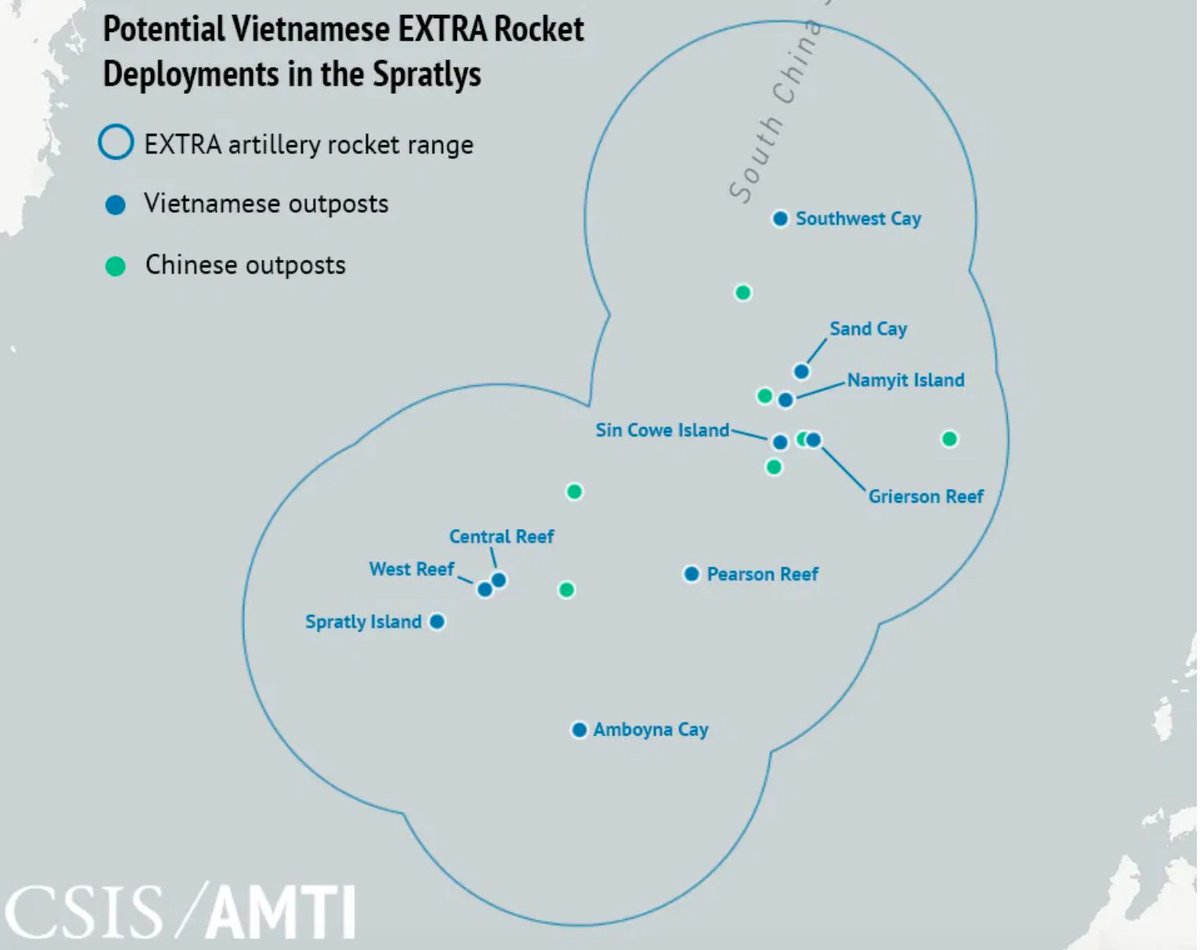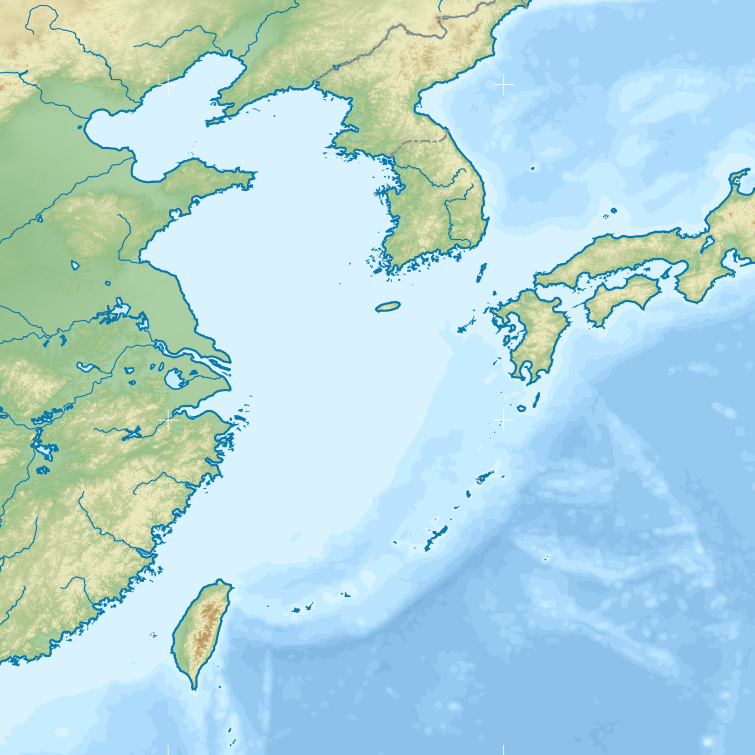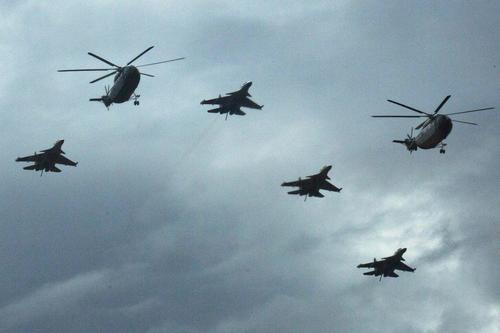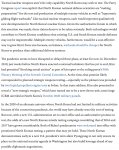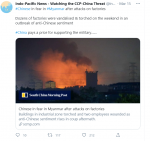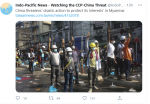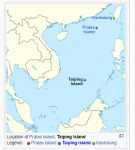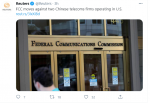America Is Headed to a Showdown Over Taiwan, and China Might Win
A new Council on Foreign Relations report is a strong warning about Biden’s looming first foreign-policy crisis.
By
Max Hastings
Bloomberg
March 13, 2021, 11:00 PM PST
The world has now endured upheaval by a pandemic for a full year, and the aftershocks will continue long after most people finally receive the vaccine to Covid-19. Thus, you may say, this is no time to frighten the horses by highlighting another peril. However, just as nothing says that if tragedy strikes a family once, it cannot do so again — ask the Kennedys — so fate can be mean on mercy, when it comes to epochal threats.
The Council for Foreign Relations has published a new report by two respected public servants, which urges the imminence of the risk of conflict between China and U.S. over Taiwan. That territory, 90 miles off China’s coast and inhabited by 24 million people, is not a nation, but for decades has been an unofficial American protectorate.
“During 2020,” write Robert D. Blackwill and Philip Zelikow, “we came to believe that a crisis was building over Taiwan and that it was becoming the most dangerous flashpoint in the world for a possible war that involved the U.S., China and probably other major powers … The horrendous global consequences … should preoccupy the Biden team, beginning with the president.”
The White House seems to agree. President Joe Biden held a virtual meeting with the leaders of Australia, India and Japan — the first summit of the so-called Quad since 2017. Secretary of State Antony Blinken and Defense Secretary Lloyd Austin are about to visit Japan and South Korea; next week in Alaska, Blinken will have the administration’s first face-to-face talks with the Chinese. Meanwhile, on Wednesday, an Arleigh Burke-class destroyer conducted one of the U.S. Navy’s routine exercises to reassert its right of passage through the Taiwan Strait.
The new analysis from Blackwill, who has held a bevy of high government positions including deputy national security adviser to President George W. Bush, and Zelikow, the executive director of the 9/11 Commission, comes none too late. “Taiwan,” they write, “is one of the most successful societies on Earth.” Yet few Americans likely understand why the U.S. would risk war with China to protect it.
No matter that it might be possible to prevent such a showdown from going nuclear, or even from becoming a general conflict:
The economic fallout would be horrendous. A clash between China and the West would almost certainly provoke cyberattacks, even if nobody fires guns.
A major cyberattack on the U.S. financial system could cost 2.5 times daily gross domestic product, according to the New York Federal Reserve. A cyber-induced blackout affecting just 15 U.S. states might cost up to $1 trillion in damage, not to mention many deaths resulting from disruption to health care, traffic and industry, suggests a projection by Cambridge University and Lloyds.
Coincidentally, just before the council’s study was published, I received an email from an Australian strategy guru who asked: “How do you rate the chances of getting through this decade without a Taiwan crisis?” He himself thought: poor.
A few years ago, during a period in which I frequently visited China, I was struck by how often ordinary Chinese raised the Taiwan issue. Their concern reflected years of state propagandizing. Westerners should understand that when President Xi Jinping rattles sabers, as he does with increasing frequency, he commands genuine popular support. Taiwan evokes the sort of sentiment among his people that Cuba did among Americans 60 years ago — and look where that story
nearly ended.
Xi said two years ago that China would do its utmost to achieve peaceful reunification. However he added, “We do not renounce the use of force and reserve the option of taking all necessary measures.” Blackwill and Zelikow take him at his word:
China is now in a prewar tempo of political and military preparations. We do not mean that we know that China is about to embark on a war. We simply observe that the Chinese government is taking actions that a country would do if it were moving into a prewar mode. Politically, it is preparing and conditioning its population for the possibility of an armed conflict.
Xi may not yet have decided whether to trigger drastic action towards Taiwan. But China’s aggressive behavior in the South China Sea, and in disputes with India and Japan, shows a high tolerance for risk.
There are legitimate fears that China will seek to exploit perceived Western weakness and disarray to foreclose the Taiwan dispute on its own terms. After four years of name-calling by President Donald Trump, the Biden administration needs a considered strategy toward Beijing, which America’s allies have long called for.
For more than four decades, the U.S. has sustained a policy of strategic ambiguity about Taiwan. Washington hasn’t provoked Beijing by challenging the One China principle accepted by President Richard Nixon half a century ago. Even Trump, speaking in August 2020, declined explicitly to commit U.S. forces to defend the island if it was attacked, saying only, “China knows what I’m going to do.”
In perhaps the most important passage of
the Council on Foreign Relations report, the authors caution against an explicit U.S. pledge to commit its own forces in the event of a Chinese invasion. Instead, they urge assistance for the Taiwanese to strengthen their own defenses, which are run down.
Taipei’s current capabilities do not offer a credible deterrent to a surprise assault from the mainland. Among other things, such assistance would include supplying a network of sensors and missiles capable of providing a tripwire, time-buying defense, similar to what the West prepared for Berlin in the Cold War.
Many in the Taipei leadership assume they can rely on a swift and overwhelming U.S. military response to Chinese aggression. Yet a former chief of staff of the island’s military, Admiral Lee Hsi-ming, has correctly challenged this strategy, saying: “All I can hear is that the United States will intervene. What reason is there to believe that the United States will sacrifice the lives of its own children to defend Taiwan? My best bet is my own strength, to stop people from bullying me.”
It is a recurring weakness of U.S. foreign policy to determine courses for other nations, often with little or no consultation with allies. Through two decades of decision-making in Indochina, for instance, no Vietnamese leader was invited to the key Washington meetings. The Council on Foreign Relations study argues that Taiwan’s independence can be protected only by a diplomatic and military strategy that has commitments from Australia, South Korea and, above all, Japan. The Australians need no awakening: They are suffering diplomatic abuse and Chinese harassment following their
fierce criticism of Beijing’s recent behavior.
The Japanese are moving slowly away from their post-World War II rejection of rearmament. They recognize a need to be capable of confronting, or at least deterring, Chinese naval and military initiatives, not least against the disputed Senkaku Islands. Blackwill and Zelikow write,
“We believe Japan would regard a violent Chinese takeover of Taiwan as a threat to the vital interests of Japan, even to its future independence and existence.”
It seems significant, and welcome, that Biden’s first important foreign visitor to the White House is reportedly to be Japan’s prime minister, Yoshihide Suga. It will be surprising if Taiwan is not prominent on the agenda for their meeting, which may take place next month.
Taiwan is excluded from many international organizations, denied observer status by the World Health Organization and membership of the criminal-information exchange Interpol, because such bodies are unwilling to cause friction with Beijing. The council report urges the U.S. to conclude a bilateral trade agreement with Taipei, and also integrate it into the Comprehensive and Progressive Agreement for Trans-Pacific Partnership, which the U.S. abandoned under the Trump administration.
A reader of the Blackwill-Zelikow report who is not Taiwanese or American may well notice one big omission from its 65 alarming pages. Nowhere do the authors stress an issue that looms large in the eyes of the rest of the world: the possible validity of Chinese claims.
For two centuries, Taiwan was Chinese-ruled, until seized by Japan in 1895 as part of its wider Asian land grab. In 1945, when the Japanese were dispossessed, Washington did not hesitate to deliver Formosa, as it was then known, to China’s Nationalist leader, Chiang Kai-shek, America’s foremost Asian client.
In 1949, when Chiang suffered defeat at the hands of Mao Zedong in China’s civil war, the generalissimo retired to Formosa with his remaining supporters, and made it a personal fiefdom. He sustained the myth of his own legitimacy as president of all China, solely thanks to the might of the U.S. Navy, which made it impossible for Beijing’s forces to unseat him. Until his death in 1975, Chiang and his Kuomintang Party ruled Taiwan as a dictatorship, harshly regulated by martial law.
Yet in 1972, Nixon visited China, and seven years later the U.S. belatedly acknowledged the Chinese Communist Party as the legitimate government. Ever since, the U.S. has been formally committed to the “One China” policy, while continuing to assert the minority right of the Taiwanese to autonomy.
Taiwan’s martial law was abolished in 1987. For the past quarter of a century, it has been a vibrant democracy. It endorses religious diversity, and behaves as a responsible international actor. Its technological achievements are remarkable, especially in the field of chip manufacture, in which it is a decade ahead of China.
The question today is whether the human rights of the Taiwanese and the economic triumph of their society can be sustained against Xi’s impatience to assert control.
Almost three decades ago, China and Britain signed a “one nation, two systems” treaty, establishing terms for the 1997 handover of Hong Kong to Beijing. Optimists argued that it would suit the mainland to govern the former British colony with a light touch — that the treaty terms would be respected, if only to serve Chinese economic interests. This hope has been dashed. Beijing has
crushed freedoms and Hong Kong’s treaty right to semi-autonomy.
The people of Taiwan have taken heed — indeed,
they are appalled. They want friendly relations with the mainland, because of the close cultural bond, as well as their own self-preservation. Xi’s recent record, however, gives the clearest warning that if Taiwan becomes once more subject to Beijing, its inhabitants will be governed as cruelly as the rest of China’s 1.4 billion people.
Can the wishes and human rights of the Taiwanese people prevail over the power and iron will of the new China? Blackwill and Zelikow have no doubt that while Washington should avoid direct provocations, it should also seek to create a military and political reality that raises the price of an enforced mainland takeover too high to be acceptable even to Xi.
They cite the precedent of Czechoslovakia, which Britain and France permitted Hitler to seize by installments between October 1938 and March 1939, allegedly to assert the rights of the country’s ethnic German minority. The lesson Hitler took home from the infamous deal struck at Munich was that aggression paid; a few months later, he invaded Poland. Britain and France, realizing that his demands were insatiable, then belatedly declared war.
The authors argue that, just as 1938 Czechoslovakia’s fate was sealed by Britain’s lack of will to fight for it,
so Taiwan’s future now depends upon American strength and consistency of purpose. I am unconvinced, as a historian, by this comparison. The relationship between China and Taiwan is not analogous with that between Germany and Czechoslovakia. The latter was an independent country, and its majority had little social and cultural affinity with its conquerors. The U.S. may find it hard to persuade the rest of the world to stay in town for a High Noon with Beijing, unspeakably ugly though a Beijing takeover of Taiwan would be.
Moreover, the circumstances created by the pandemic and America’s profound political divisions make it hard, perhaps impossible, for the Biden administration to focus with conviction on foreign policy. The hardest part of the council report’s recommendations to fulfil would be re-arming Taiwan without precipitating a violent Chinese response.
Diplomatic dialogue between Washington and Beijing has almost broken down, not least because China’s representatives have become so
rude and aggressive, apparently uninterested in compromises. There is no hope of a grand bargain between the two sides, but they need to get talking again, if only to clarify positions.
The best chance of deflecting a Chinese assault is surely not military. Even if the White House summoned the will to commit U.S. forces against Chinese aggression, they might not prevail in Xi’s backyard. The goal should be deterrence, with a focus on economic incentives for improved Chinese relations with the U.S. A forcible occupation of Taiwan would incur a massive cost to all parties.
Unfortunately, recent history — the oppression of Uighur Muslims in Western China, for example —suggests that Xi is willing to bear economic pain, and to shrug off international abuse, in order to assert and extend Chinese power. The world will be fortunate to escape a Taiwan showdown. Whether or not we accept Blackwill and Zelikow’s prescriptions, they are right that the U.S. needs urgently to dust off its options to meet a looming threat.
This column does not necessarily reflect the opinion of the editorial board or Bloomberg LP and its owners.
To contact the author of this story:
Max Hastings at
mhastings32@bloomberg.net
To contact the editor responsible for this story:
Tobin Harshaw at
tharshaw@bloomberg.net
Max Hastings: China Might Defeat America In War Over Taiwan - Bloomberg


